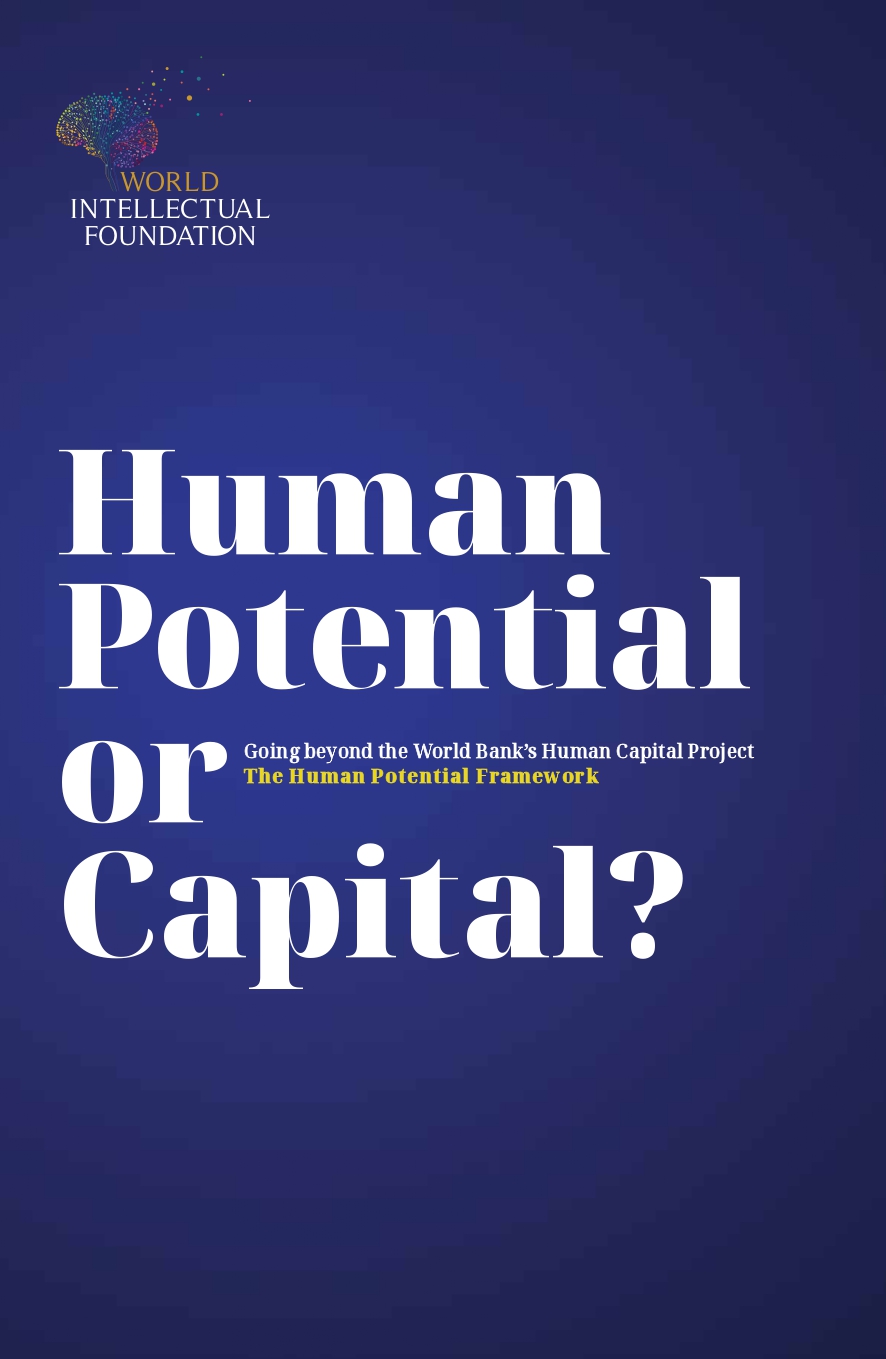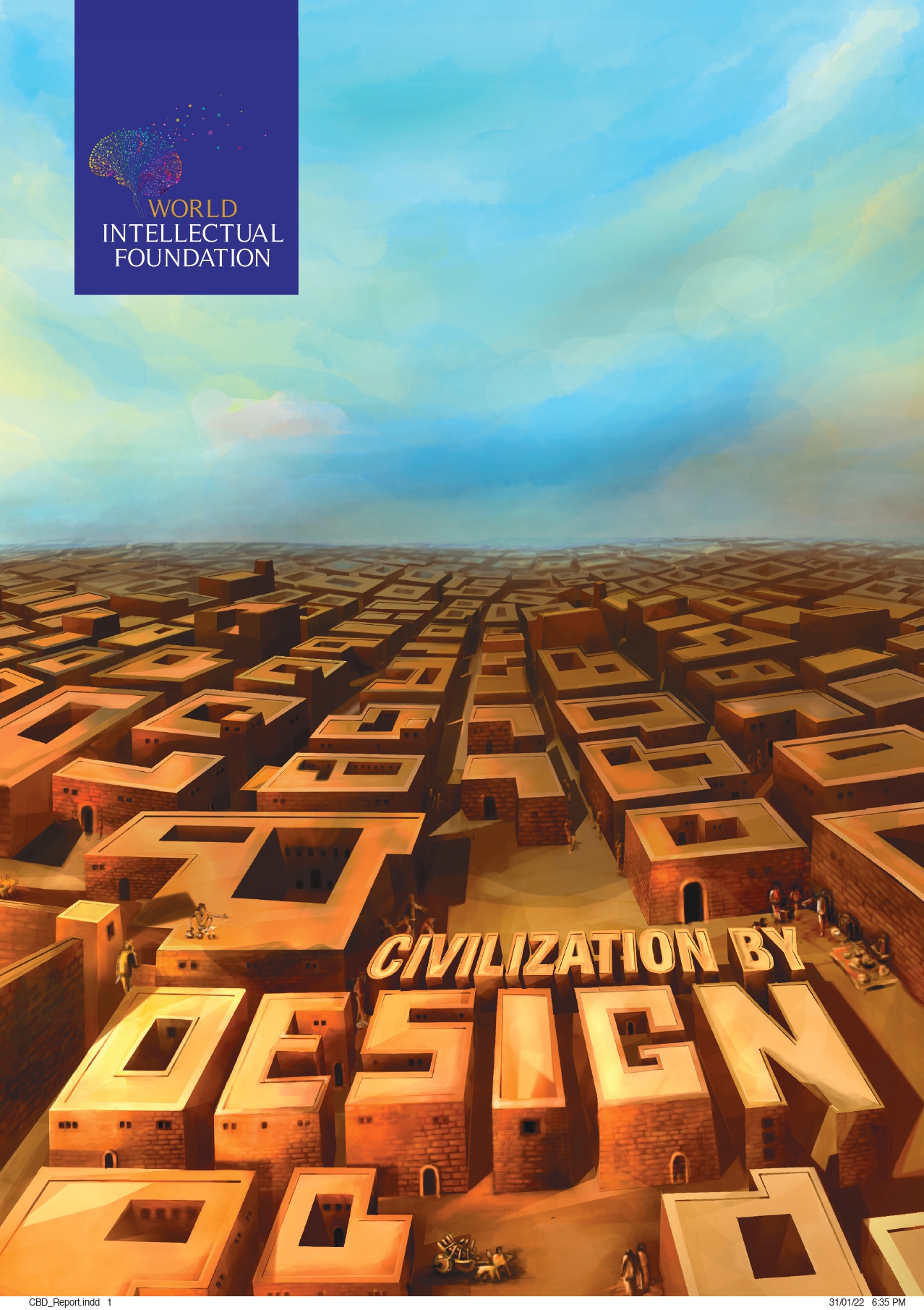The Project has studied the factors maximizing human potential. The existing approach solely focuses on Education, Health, Skills (Human Capital Index, World Bank), which are pseudo-tangibles but give a narrow view on human potential. Beyond these factors, a whole gamut of intangibles play a crucial role in unlocking real human potential. This is the study of Real Intangibles leveraging human potential in the context of achievements and success, irrespective of the availability of material factors. These intangibles are expandable and can be managed, and should become part of the Human Development Ecosystem.
We have interviewed 32 super-achievers who have risen to the top position with minimal resources and privileges about what they thought are critical factors in their success.
A country’s contribution can never be measured in numbers or by the number of wars it has won, but rather by the impact it has left on the world over the centuries.
One of the oldest civilizations in the world, India, is a mosaic of multicultural experiences. With a rich heritage and myriad attractions, the country covers an area of 3.28 million km2, extending from the snow-covered Himalayan heights to the tropical rain forests of the south. As the 7th largest country in the world, India stands apart from the rest of Asia, marked off as it is by mountains and the sea, which gives the country a distinct geographical entity. Being the second most populous country in the world, the country has contributed in numerous ways one could think of.
The Project aims to throw light upon the country’s contribution to the world through ancient times and encompasses 9 dimensions, which are:
- Political
- Economic
- Cultural
- Legal
- Health
- Education
- Science and Technology
- Social
- Philosophical and Spirituality

